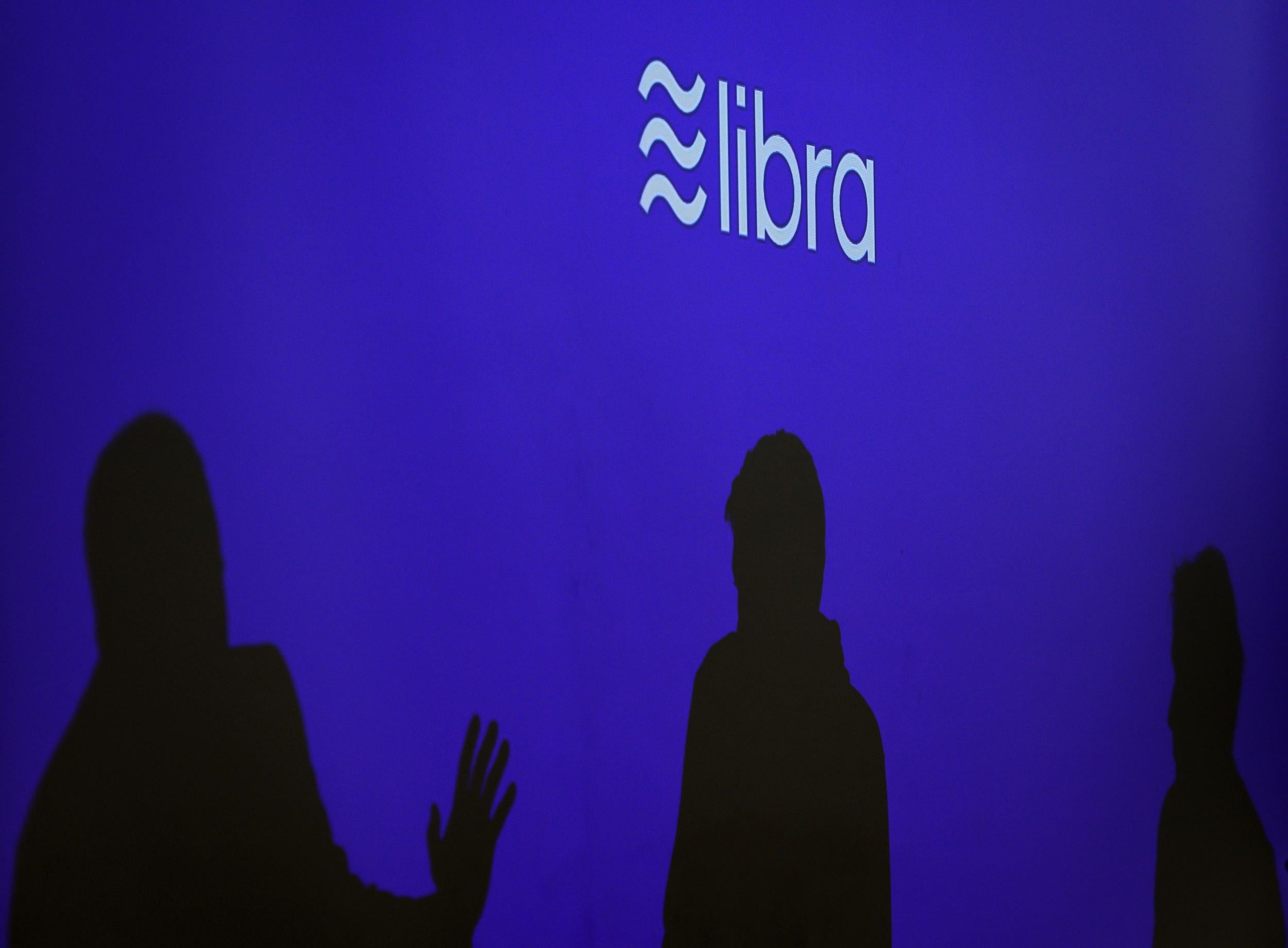How Facebook’s libra cryptocurrency could actually help the public
If the project collapses under the weight of its contradictions it would at least show Mark Zuckerberg that there are limits to his disruptive power, writes James Moore


They didn’t approach us or any of the other major banks but when we looked at it we just couldn’t understand how it would work.” This is the view of a major banking group on the subject of libra, Facebook’s so-called “stablecoin”. A Bitcoin you can use to buy stuff with the help of the social network.
Libra’s supporters, and there still remain a few outside of the tech giant’s California HQ, could counter with something like “well they would say that wouldn’t they because it threatens their business model”.
But the project’s first board meeting was held in Geneva yesterday without Mastercard, Visa, Stripe, eBay, Mercado Pago, all of which pulled out last week, and PayPal, which quit earlier this month.
To have these leaders in the fields of payments and digital commerce publicly voicing similar doubts, at least by implication, doesn’t bode well for the project.
“I would caution against reading the fate of libra into this update. Of course, it’s not great news in the short term, but in a way it’s liberating. Stay tuned for more very soon,” said David Marcus, the former PayPal president whose now in charge of Calibra, Facebook’s digital wallet for the cryptocurrency, in a punchy looking tweet to which you could also say “but he would say that wouldn’t he”.
“Special thanks to @Visa and @Mastercard for sticking it out until the eleventh hour. The pressure has been intense (understatement), and I respect their decision to wait until there’s regulatory clarity for @Libra_ to proceed, vs the invoked threats (by many) on their business,” he declared in another.
That pressure is coming from regulators and politicians. And Marcus is quite correct to describe it as intense. A couple of members of the US senate’s banking committee wrote to Visa, Mastercard and Stripe warning of increased scrutiny just last month, for example, and there’s more of that sort of thing going on behind the scenes. It’s a message that’s being heard too.
Watchdogs around the world have real concerns about libra becoming a gift to money launderers, terrorists and others generally grouped under the heading “bad actors”. To avoid it becoming that, you would have to charge someone (ie Facebook) with collecting vast reams data on the people using it.
We’ve become used to posting intimate details of our lives over the social network with occasionally malign results, particularly with regard to the way it has been weaponised by those with a political axe to grind.
Would you really be comfortable with allowing this company to collect financial data on you too? I know I wouldn’t.
There are also genuine concerns about its impact on the world’s financial stability.
France’s finance minister Bruno Le Maire has already said it should be blocked in Europe on grounds of the risks it poses to the latter, as well as to sovereignty and because of what he sees as the potential for abuse.
Libra has made much of the potential upside, its potential use as a means of exchange by the world’s poor and “unbanked”, the benefits that could accrue from people being able to easily, and cheaply, transfer funds across borders.
But they aren’t as quite as powerful as they look because there are alternatives being rolled out there that pose less risk and cause regulators a lot less concern.
Libra’s board meeting is, in reality, little more than an hors d’oeuvres anyway. The main course will arrive next week when Facebook founder Mark Zuckerberg appears before a hostile congress in an attempt to persuade lawmakers that the doubters have it wrong and that a libra revolution is nothing to fear.
That would be a tough sell even for God’s own salesman. Zuckerberg is something less than that. Perhaps the chief benefit of libra, if, as seems likely, it collapses under the weight of its contradictions, would be to teach tech’s disrupter in chief a little humility. So it mightn’t be without some form of public benefit.
Join our commenting forum
Join thought-provoking conversations, follow other Independent readers and see their replies
Comments
Bookmark popover
Removed from bookmarks